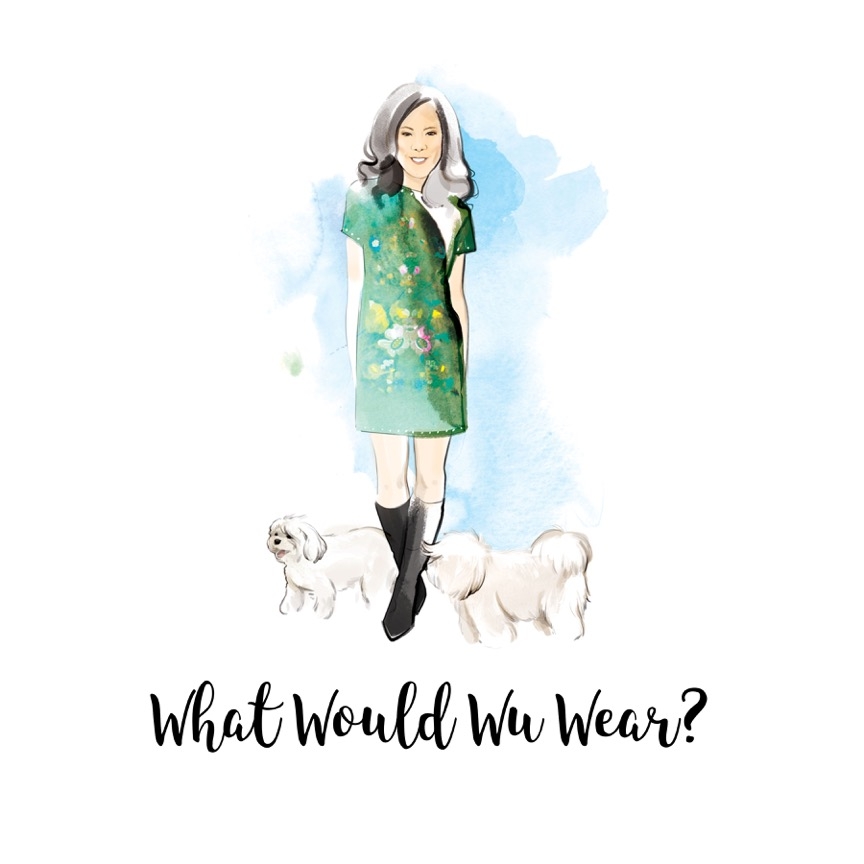We All Must Do Our Part in Addressing Racism

Just when I start getting used to life revolving around a deadly pandemic that shows no sign of genuinely abating, our country – indeed, much of the world – has erupted in a week’s worth (and counting) of protests that remind us that “normal” was never that normal for many of our fellow Americans.
As an Asian-American woman, I’ve confronted my share of racism and discrimination, particularly as the coronavirus pandemic reached U.S. shores. It seemed like every person who could trace even a part of their heritage to anywhere in Asia was blamed for the pandemic and its horrific ramifications.
As unpleasant as that was, though, it pales in comparison to the events that prompted hundreds of thousands of people to take to the streets to protest police brutality. The death of George Floyd at the hands of Minneapolis police – all excruciating 8 minutes and 46 seconds of it – was the latest spark, and it ignited a bonfire of anger and frustration.
Although African American pain is at the heart of the protests, Americans of all races and ethnicities have joined in, with events in cities and suburbs large and small. Admittedly, not all of them have been peaceful, and the property damage has been devastating, especially to those small businesses struggling to stay afloat during the pandemic shutdown.
But the core message of the protests shouldn’t be lost because of the actions of those few who became violent: the culture of racism and police brutality in America must change. Minor offenses (allegedly passing a counterfeit bill or changing lanes without signaling) and non-existent offenses (like playing in a park) have all too often resulted in death for young African Americans at the hands of police officers.
African Americans deserve our support right now, whether that’s financially supporting Black-owned businesses, volunteering for and donating to organizations advocating for police reform, attending protests (while observing social distancing and wearing a mask, please), or simply educating ourselves on the 400+ years of injustice and racism that have brought us to this moment.
Racism in America, however, isn’t a one-way street, with white people always the offenders. Sadly, it’s a hub-and-spoke system, with plenty of racism to go around. I have a Latina friend whose cousin has just “written off the family” because she claims many of its members (my friend excluded) are racist against African Americans.
The Asian American community has its own history with racism, much of it directed at African Americans. The fact that one of the officers who stood by while George Floyd was dying is Asian American has not been lost on those pointing fingers at my community.
The K-Pop community – fans of Korean pop music – may have added a small credit to the Asian American side of the ledger recently by turning their fandom against racism. When racists started using the hashtag #WhiteLivesMatter to attack the Black Lives Matter movement, K-Pop fans hijacked the hashtag and flooded it with videos of their favorite K-Pop stars.
Granted, solving racism won’t be that easy.
It’s going to take mountains of hard work, compassion, empathy, and activism to even begin to make a dent in the culture of racism in this country. But, just as we’re all part of the problem, and we can all be part of the solution.
